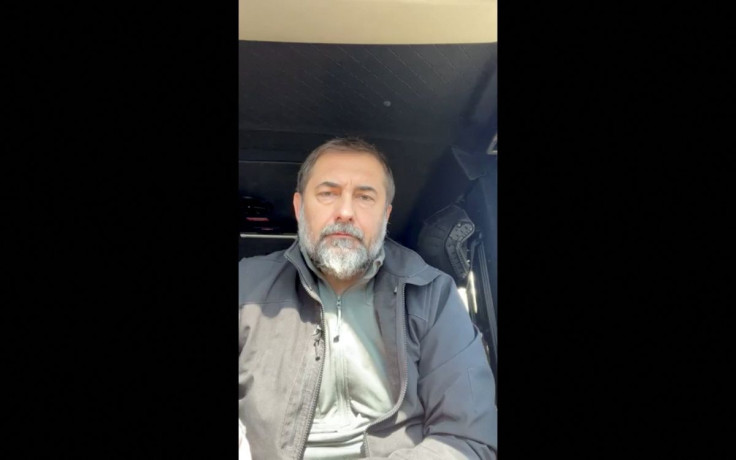Russia Destroys Last Bridge To Sievierodonetsk, Ukraine Says

Russian forces have destroyed the last bridge to Ukraine's eastern frontline city of Sievierodonetsk, trapping any remaining civilians there and making it impossible to get in humanitarian supplies, the region's governor said on Monday.
Governor Serhiy Gaidai said some limited military access remained however to the devastasted city that has become a key battleground for Ukraine as it tries to halt Russia's advance across its industrial Donbas heartland.
"It is now fully impossible unfortunately to drive into the city, to deliver something to the city. Evacuation is impossible," Gaidai said.
He wrote on the Telegram app that Russia had not taken full control of the city, and that "a part" of it remained under Ukrainian control, but that it was no longer possible to transport humanitarian cargoes there.
Gaidai also told Radio Free Europe/Radio Liberty's Ukrainian service that although 70% of the city was now controlled by Russia, the situation for Ukrainian troops there was "difficult but under control".
"They have the ability to send the wounded to hospitals, so there is still access," Gaidai said.
"It's hard to deliver weapons or reserves. Difficult, but not impossible," he added.
Street battles have raged for weeks in Sievierodonetsk, which four months ago was home to 100,000 people. Ukrainian officials say just over a tenth of that number remain in the city.
Ukrainian officials say hundreds of civilians are sheltering in the bunkers of the city's Azot chemical plant.
Gaidai said conditions for the thousands of civilians remaining in the city were "very difficult," as three months of fighting had destroyed gas, electricity and water infrastructure, and that there were "huge" disruptions with supplies of medicines.
Russia has denied targeting civilians in what it calls a "special operation" to restore Russian security and "denazify" its neighbour. Ukraine and its Western allies call this a baseless pretext for an invasion which has killed thousands of civilians and raised fears of wider conflict in Europe.
© Copyright Thomson Reuters 2024. All rights reserved.





















